And now, a Mangaluru Catholic wedding for Tharun and Sonal
Tharun Sudhir and Sonal Monteiro’s wedding festivities continue
On Tuesday, October 22, several hundred protesters attempted to storm the presidential palace in Dhaka, demanding the resignation of President Mohammed Shahabuddin. The protests were sparked by Shahabuddin's recent remarks about ousted Prime Minister Sheikh Hasina, reigniting the debate surrounding the mystery of her resignation.
Background of the Protests
The fresh wave of protests in Bangladesh was triggered by an interview Shahabuddin gave to the Bangla daily Manab Zamin last week. In the interview, Shahabuddin stated that he did not have any documentary evidence of Hasina resigning as prime minister before she fled the country on August 5 amidst student-led mass protests.
Clashes with Police
Witnesses and TV footage showed protesters rallying under various banners and clashing with police as they were blocked from entering the Bangabhaban, the presidential palace. The police eventually fired sound grenades, prompting army troops to intervene and send policemen inside the palace. The situation eased slightly as the military used loudspeakers to request agitators to leave the Bangabhaban gate.
Injuries Reported
According to The Business Standard, a Bangladeshi daily, hospital sources reported that two people sustained gunshot injuries when security forces fired shots to contain protesters from breaking the barricades of the presidential palace. Additionally, an individual was wounded by a sound grenade used to disperse violent mobs.
Demands for Resignation
The Anti-Discrimination Student Movement, which spearheaded the campaign that led to Hasina's ouster, rallied in front of the Central Shaheed Minar, demanding Shahabuddin’s resignation. The movement set a seven-day deadline for Shahabuddin’s removal and laid out a five-point demand, including the scrapping of Bangladesh’s 1972 Constitution.
Statements from Protest Leaders
Hasnat Abdullah, one of the coordinators of the Anti-Discrimination Student Movement, stated, "Our first point (of the five-point demand) is the immediate scrapping of the ‘pro-Mujb (Bangladesh’s founding leader) 1972 Constitution’ which kept Chuppu (president’s nickname) in office.” Speaking at a massive rally at Central Shaheed Minar in Dhaka, Abdullah added, "The (1972) Constitution will have to be replaced by writing a new one against the backdrop of the 2024 mass upheaval.” He warned that the protestors would "return to the streets with full force" if the government failed to meet their demands by this week.
Broader Participation
Several other groups under different banners joined Tuesday’s protests alongside the Anti-Discrimination Student Movement at the premier Dhaka University campus, Shaheed Minar, and Bangabhaban.
The ongoing protests highlight the deep political tensions in Bangladesh and the growing demands for significant changes in the country's leadership and governance.

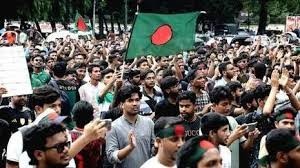








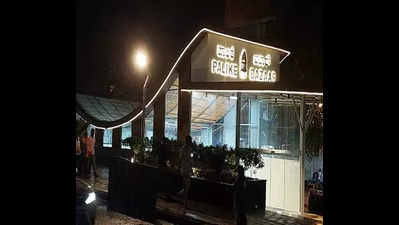

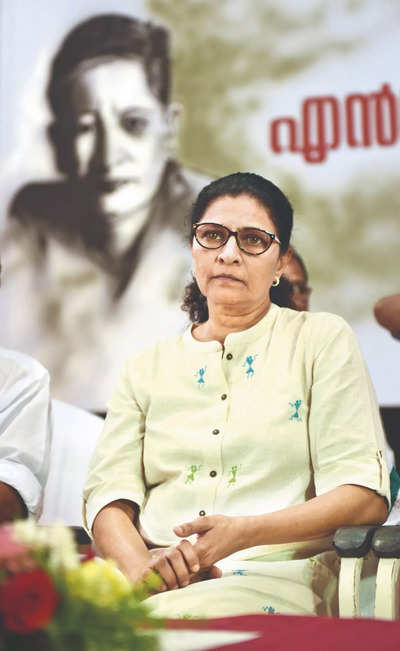
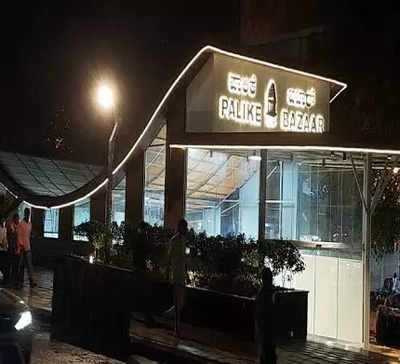
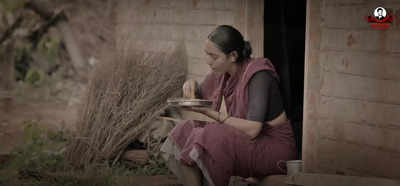
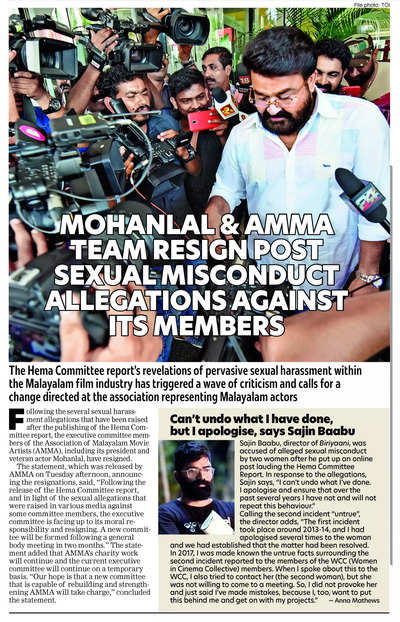

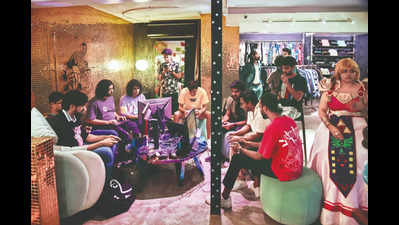
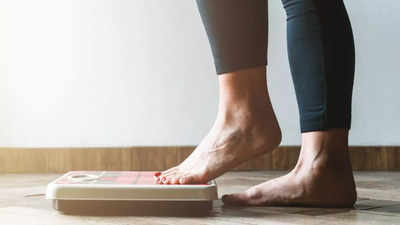

Facebook Conversations
Disqus Conversations